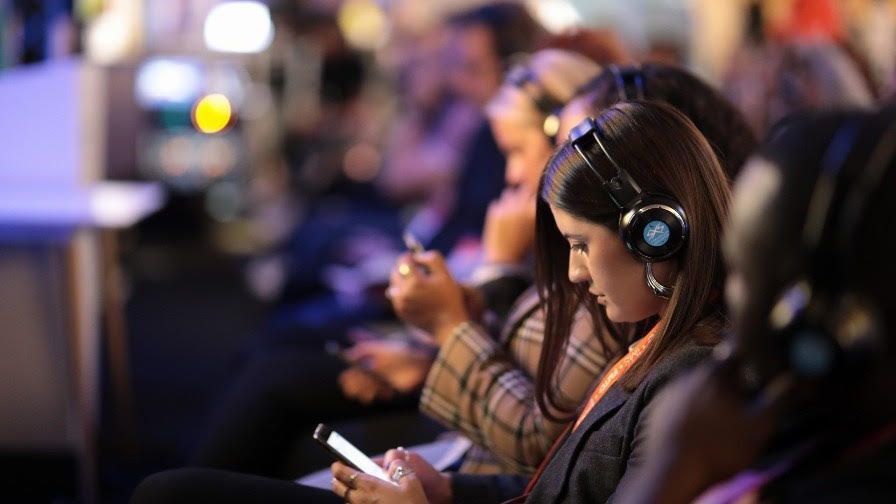Influencer’s value and diversity
Justina Raizyte kicked off Day 2 by sharing her knowledge of the changing regulatory landscape in Europe and the expected evolution of influencer marketing standards in a practical, informative way in her Out of the Wild West and Into the Matrix session. “Let the Wild West be bygones and leave complex matrix to Keanu – simply be responsible, disclose influencer marketing, build trustworthy influencer marketing brands and when in doubt, ask for advice,” Raizyte told the audience. The Kindred stage was once again packed full of keen attendees wanting to understand an influencer’s worth and true value, and how we can work towards standardisation. Alice Audley was joined on stage by Amie Shearer, Peter Bamforth, Caroline Duong, and Frankie Hobbs for this hotly discussed topic.“Once an influencer takes an agent, their fees automatically go up. When working with micro-influencers, a lot of them don’t have a business or marketing background and are unsure of how much they should be paid,” outlined Shearer, meanwhile Hobbs said “to go above and beyond budget-wise, they’ve got to be the perfect fit. You can have all the data you need but it’s about having the perfect creator at the perfect time.”
Yet when it comes to standardising the fees, Bamforth said “at the moment it’s a tricky one. There are always new genres and verticals coming out. There are a million different factors to weigh up. For now, you just have to use your experience and data.”
Following this session, Amie Shearer delivered a popular and important panel on how to tackle diversity and representation in influencer marketing. William Soulier, Simon Ragoonanan and Nicole Ocran shared their perspectives on this whilst Francisco Hernandez shared tips on how to manage multiple campaigns simultaneously and successfully over in the Case Study Theatre.The science behind influencer marketing
We interviewed Ian Forrester from Whalar after his insightful session all about Whalar and Neuro-Insight’s new research comparing consumers’ reactions and emotive responses to TV, Facebook and YouTube ads versus influencer posts. This groundbreaking research is a pivotal moment in influencer marketing as it proves the value of the channel so we can begin to better understand how to make it part of an integrated marketing mix and why it does, in fact, work.
Both Kindred and Q-83 delivered insightful talks on the rise of the conscious consumer and how live media kits will start to change the way creators do business – we interviewed both speakers post-session, so look out for our interview coming soon.
Mike Craddock from Kairos Media closed the show in the Kindred Theatre. He delved into the ever-growing world of gaming and esports and shared ways in which non-gaming brands can use gaming to appear culturally relevant and the best platforms to use to connect with gamers. Jess Markwood and Lucozade’s lead comms planner, Daniel Lee finished off the Case Study Theatre sessions and talked about how they set off a chain reaction of positive energy that spread across the UK. By creating an exciting video series that told real stories, they connected with a Gen Z audience through their well-executed influencer campaign.








